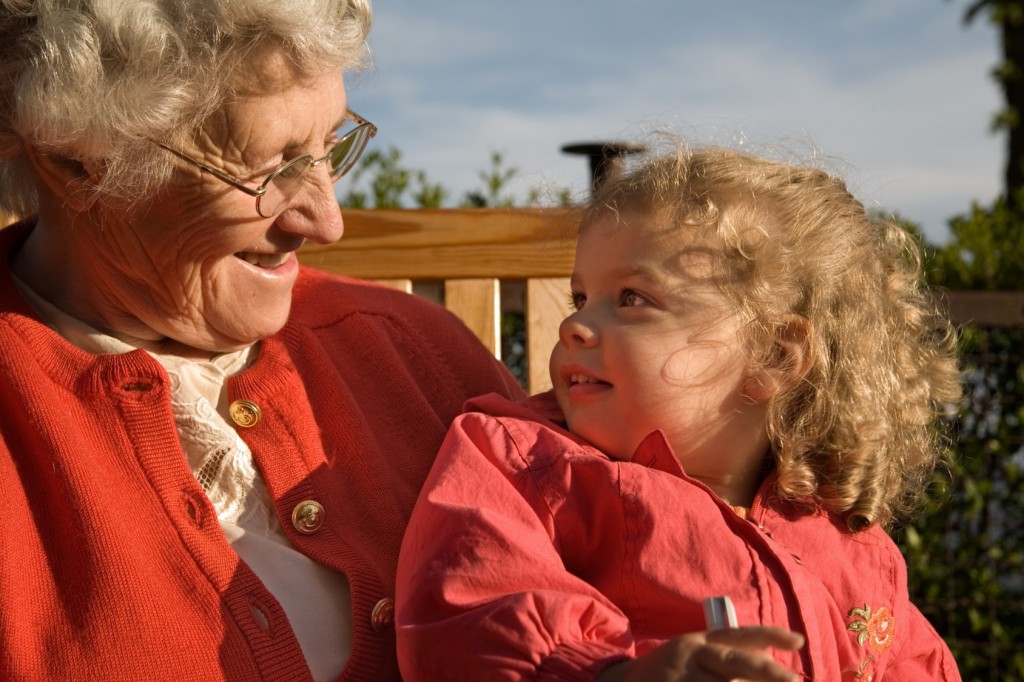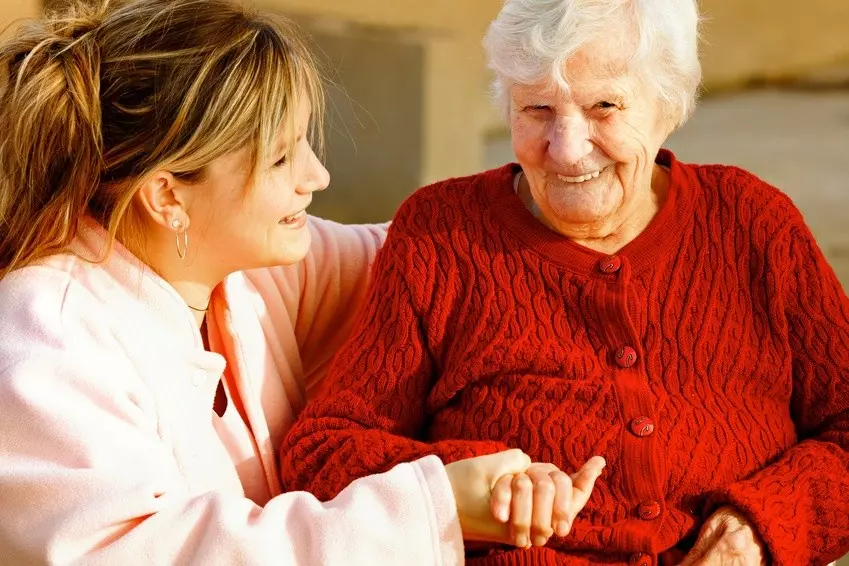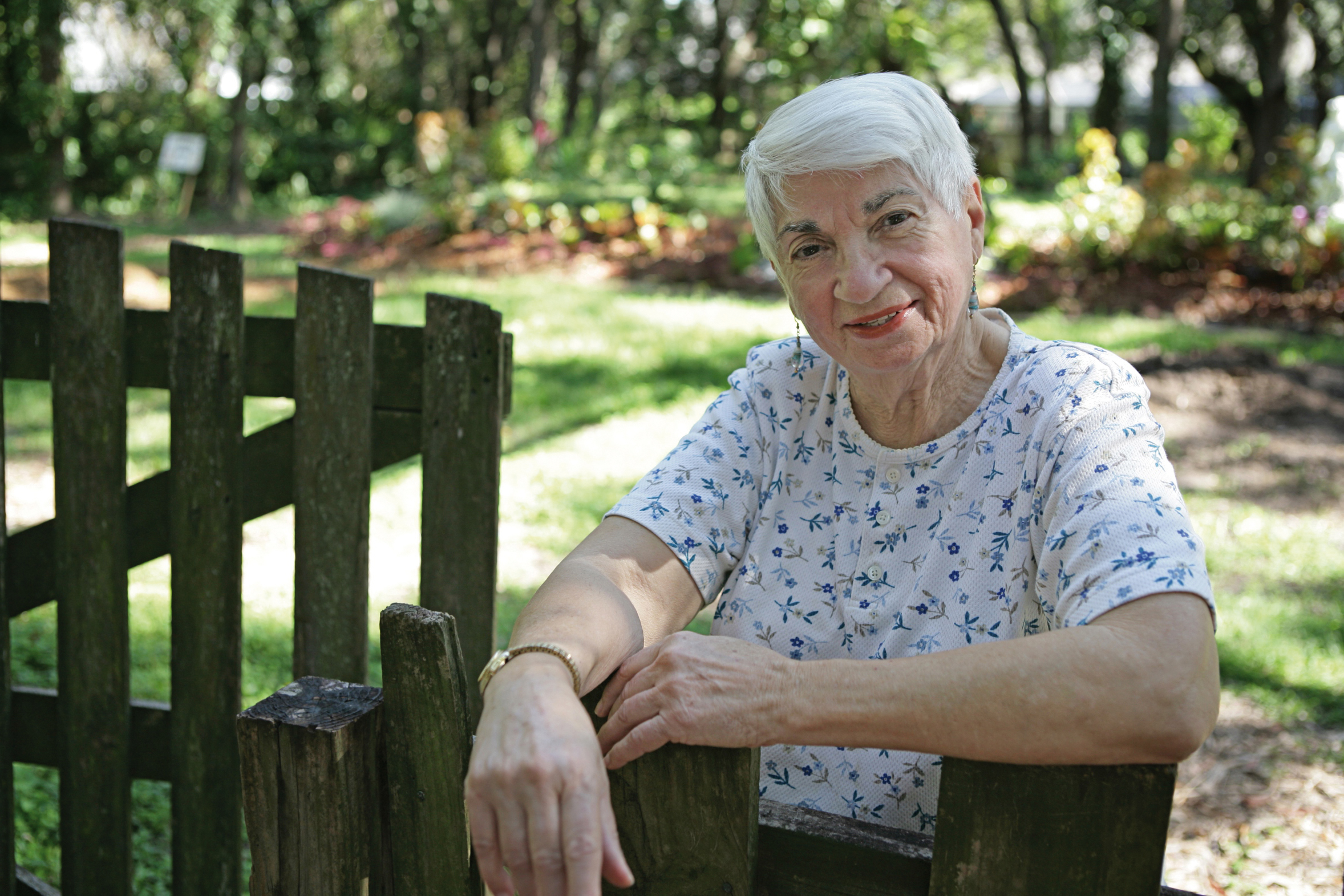
Nursing homes play a critical role in providing care for seniors and individuals with complex medical needs. While medications are often necessary to manage various health conditions, the overuse or misuse of drugs can lead to adverse effects and reduced quality of life for residents. In this article, we will explore strategies and considerations for reducing medication consumption in nursing homes while ensuring the well-being and safety of residents.
Comprehensive medication review
One of the first steps in minimizing medication consumption is conducting a comprehensive medication review for each resident. This review involves a thorough assessment of all prescribed and over-the-counter medications, including dosages, frequency, and intended purposes. Healthcare professionals should evaluate whether each medication remains necessary, and if not, consider tapering or discontinuing it.
Find YOUR ideal care home NOW!
Multidisciplinary care teams
Collaboration among healthcare professionals is essential in nursing homes. Establishing multidisciplinary care teams, including doctors, nurses, pharmacists, and therapists, can help ensure that residents' health needs are addressed comprehensively. Regular team meetings can facilitate discussions about medication management, alternative treatments, and potential side effects.
Person-centered care plans
Developing person-centered care plans is crucial in tailoring care to each resident's unique needs and preferences. By focusing on the individual, nursing homes can identify non-pharmacological interventions and lifestyle adjustments that may reduce the reliance on medications. These plans should consider factors such as diet, exercise, social engagement, and emotional well-being.
Pain management alternatives
Pain management is a common reason for medication use in nursing homes. However, exploring alternative pain management strategies, such as physical therapy, acupuncture, or massage therapy, can provide residents with effective relief without the need for heavy pain medications. Pain assessment tools should be employed to monitor and adjust these approaches.
Behavioral and psychological symptoms of dementia (BPSD)
For residents with dementia, managing behavioral and psychological symptoms without excessive medication is a priority. Staff training in dementia care, along with the use of non-pharmacological interventions like music therapy, art therapy, or sensory stimulation, can help reduce the need for psychotropic medications.
Education and training
Continual education and training for nursing home staff are essential. Staff should be well-informed about the potential risks and benefits of medications and be skilled in non-pharmacological interventions. Empowering staff to recognize and address residents' changing needs can help reduce medication consumption.
Ongoing monitoring and documentation
Regular monitoring of residents' health, including medication effectiveness and any adverse effects, is critical. Detailed documentation of changes in residents' conditions, responses to interventions, and medication adjustments should be maintained. This information is invaluable for assessing the overall impact of medication reduction strategies.
Non-Pharmacological Alternatives to Medication
| Alternative | Use Case | Potential Benefits |
|---|---|---|
| Music Therapy | Behavioral symptoms of dementia | Reduces agitation and improves mood. |
| Physical Therapy | Pain and mobility issues | Enhances movement and reduces discomfort. |
| Massage Therapy | Chronic pain relief | Improves circulation and relaxation. |
| Acupuncture | Pain management | Reduces reliance on opioid pain medications. |
| Social Engagement Activities | Mood and cognitive function | Improves well-being and prevents isolation. |
Reducing medication consumption in nursing homes requires a holistic approach that prioritizes the individual needs and preferences of residents. By implementing comprehensive medication reviews, fostering multidisciplinary care teams, and emphasizing non-pharmacological interventions, nursing homes can enhance the quality of care while minimizing the potential risks associated with excessive medication use. Ultimately, the goal is to improve residents' overall well-being and maintain their safety and comfort in a nurturing environment.
FAQ:
1. Why is it important to reduce medication use in nursing homes?
Excessive medication use can lead to side effects, increased fall risk, and cognitive impairment. Reducing medication consumption ensures safer, more personalized care.
2. What are the risks of polypharmacy in elderly residents?
Polypharmacy (the use of multiple medications) increases the risk of drug interactions, side effects, and hospitalization due to adverse reactions.
3. How can alternative pain management methods help?
Physical therapy, massage, acupuncture, and heat therapy can relieve pain without the risks associated with opioid medications.
4. What role do staff play in reducing medication dependence?
Trained caregivers can implement non-drug interventions, recognize early signs of distress, and support a patient-centered approach to care.
5. How can families help ensure responsible medication use in nursing homes?
Families should stay informed about their loved one’s medication regimen, attend care meetings, and ask about alternative treatments.
We are here to help you choose a care home or facility best suited to your needs. Do not hesitate to contact us on the following number: 0230 608 0055 or fill out this form.
Do you need a care home for yourself or your loved one?
Share this article :
Latest posts
You are looking for an establishment for your loved one ?
Get availability & prices
Fill in this form and receive
all the essential information
We would like to inform you of the existence of the opposition list for telephone canvassing.










